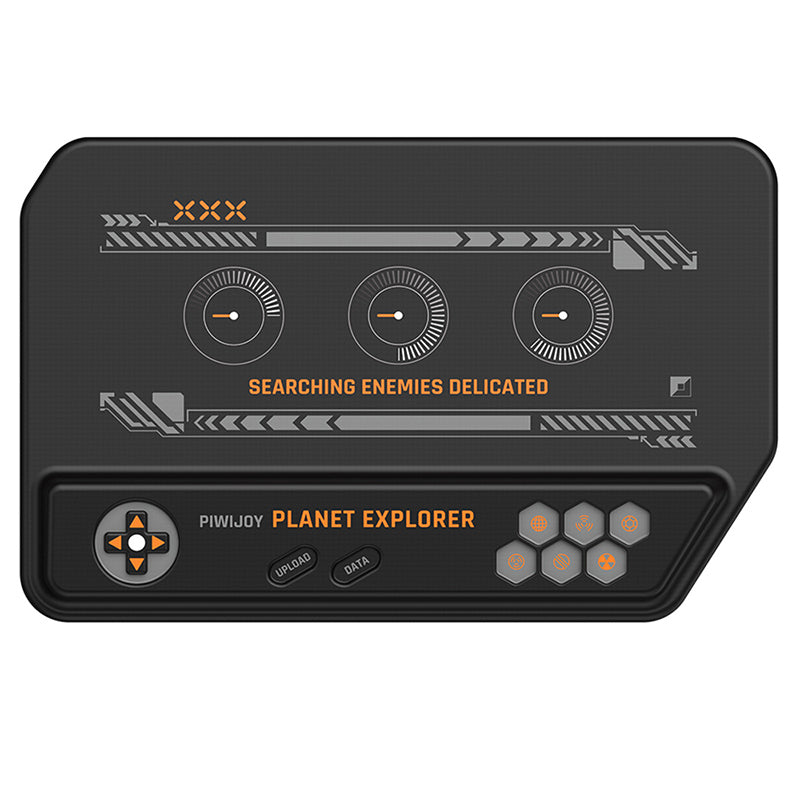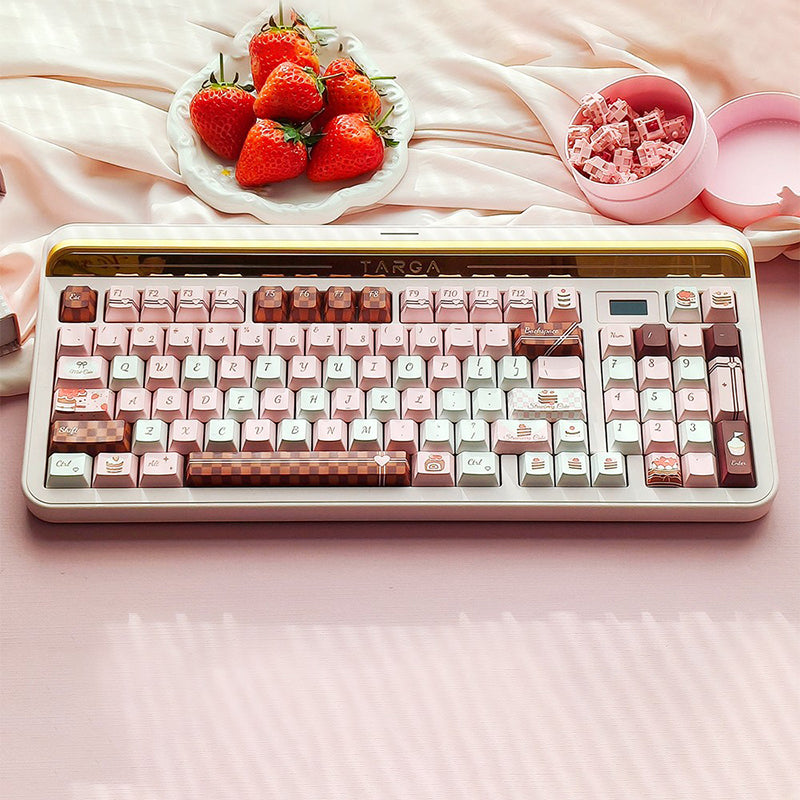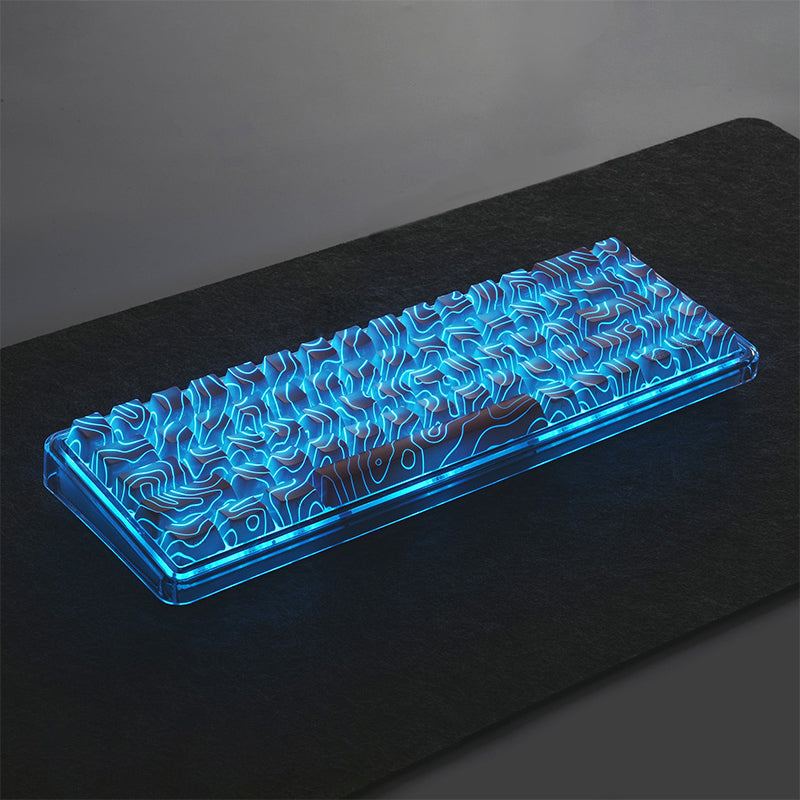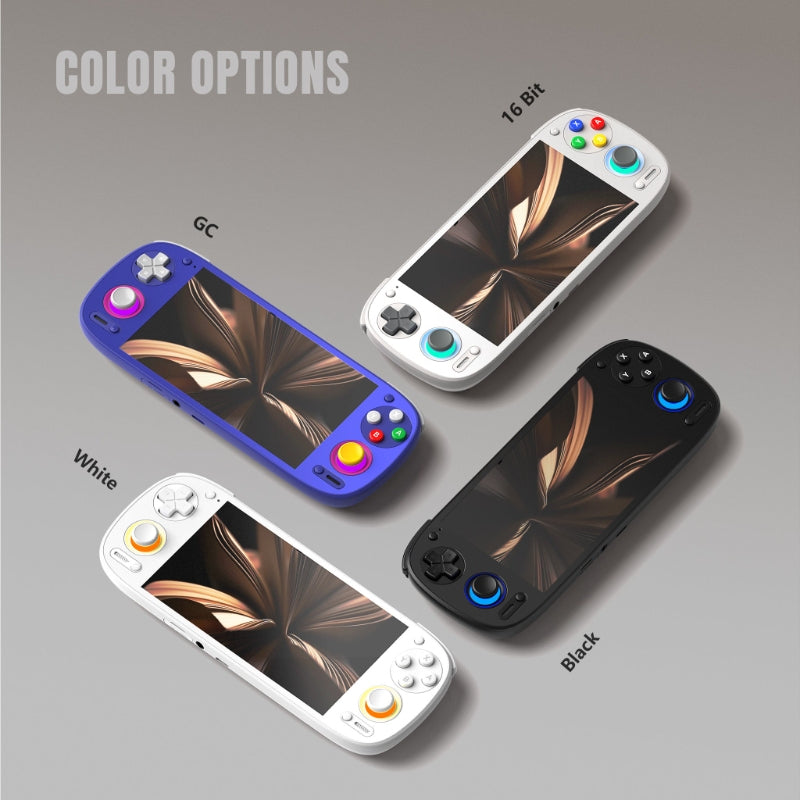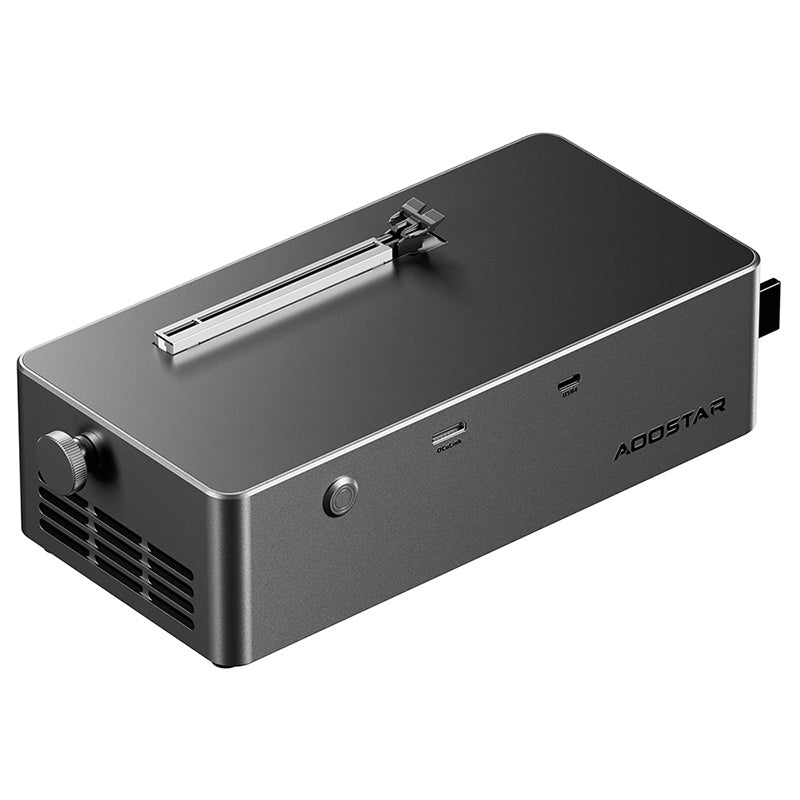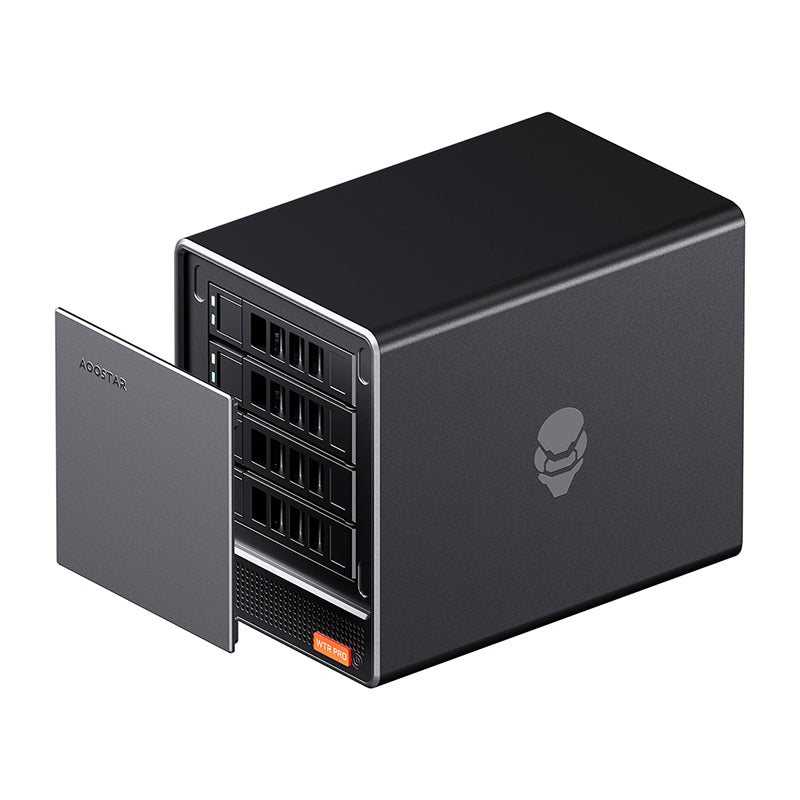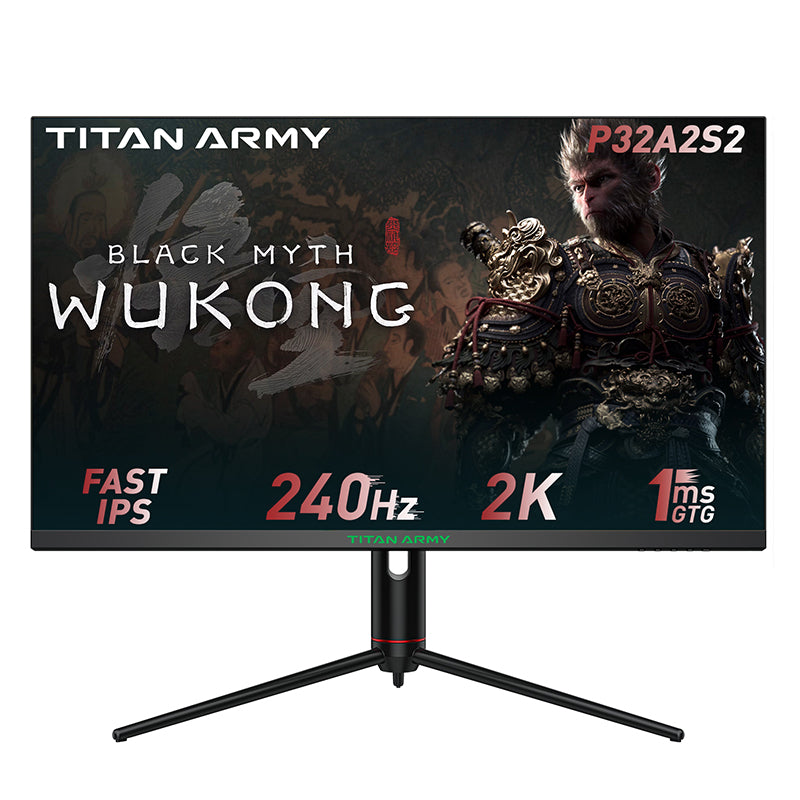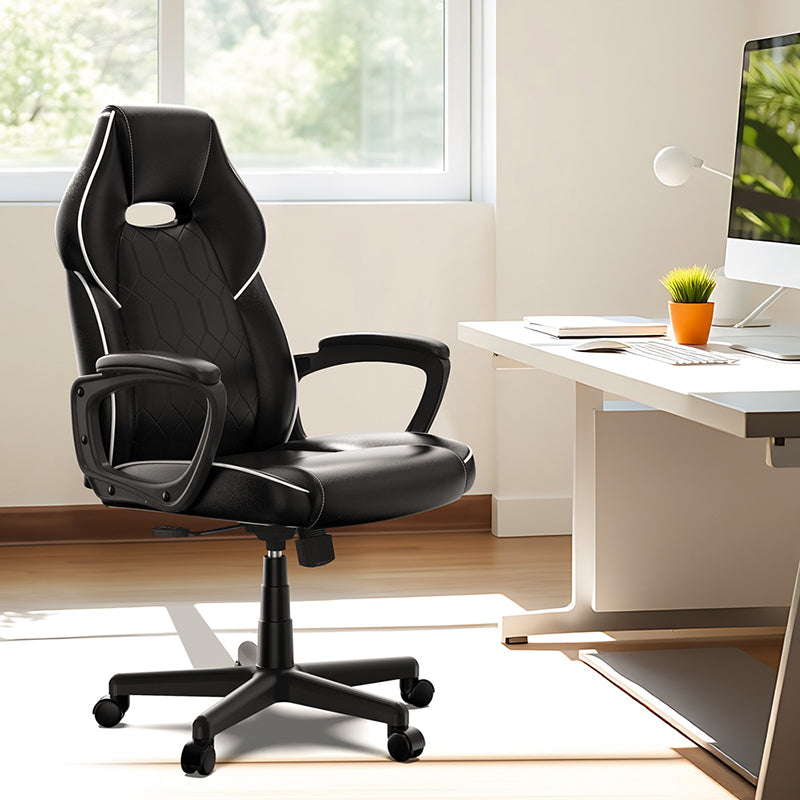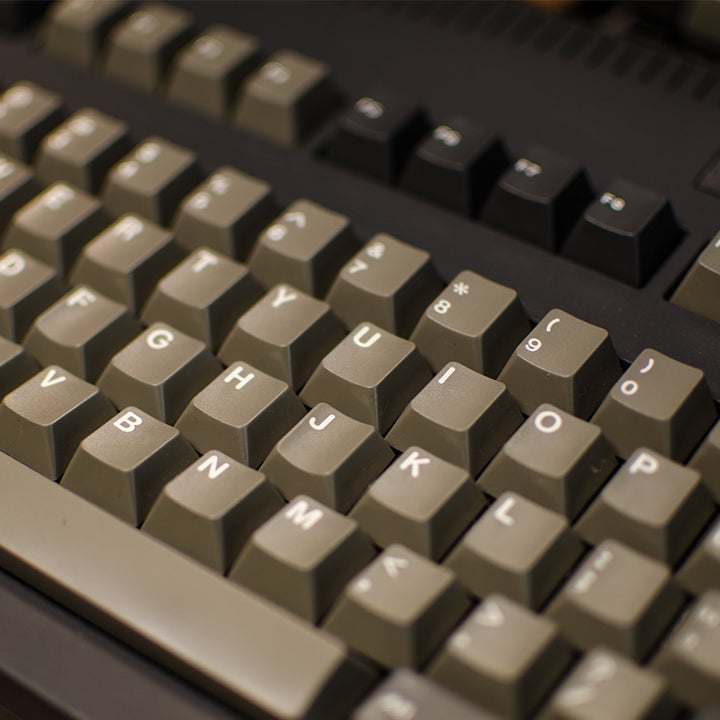Expensive Reasons Behind Mechanical Keyboards
Mechanical keyboards are generally more expensive than membrane keyboards due to several factors including their design, construction and overall user experience, and materials. Here are some reasons why Mechanical Keyboards are more expensive:
Content
- Build Quality and Materials
- Mechanical Key Switches
- Customization and Variety
- Typing Experience
- Durability and Longevity
- Manufacturing Complexity
- Labor and Expertise
- Niche Market
- Aesthetics and Design
- Additional Features
- Limited Mass Production
- Gaming and Professional Use
- Conlcusion
Build Quality and Materials
The casing of the mechanical keyboard is made of higher quality materials such as metal, PVC or other durable high-grade plastics. This will increase its manufacturing cost, and there are switches, sound insulation films, PCBs, etc., and each Switch of the Mechanical Keyboard is specially designed to have a longer service life, provide a satisfactory tactile or auditory sense, and provide you with The best typing experience. And its Keycaps, usually made of PBT or ABS, are more wear-resistant, dirt-resistant and durable than the keycaps of membrane keyboards. Mechanical keyboards generally have a longer lifespan than membrane keyboards.
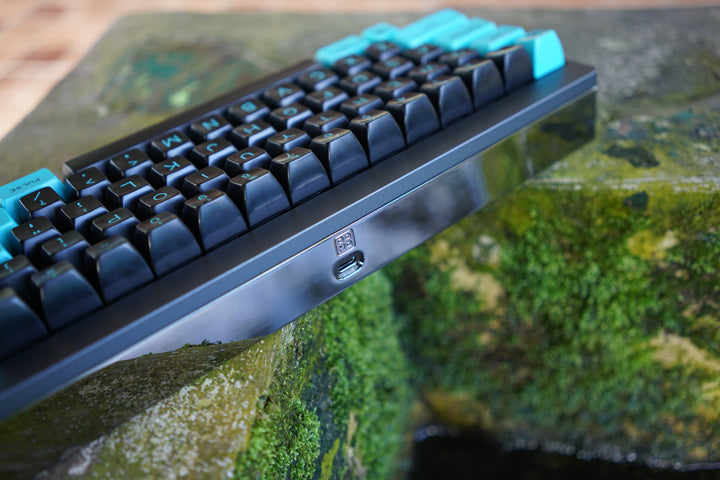
Mechanical Key Switches
Mechanical key switches are one of the most important components of a mechanical keyboard. These mechanical key switches are complex, consisting of various parts that are often precision manufactured to provide unique tactile feedback, consistent actuation force and key customization options, and are a very costly component. They provide tactile feedback, improved actuation consistency, and better durability than the rubber domes used in membrane keyboards. The complexity of these switches makes them expensive to manufacture.
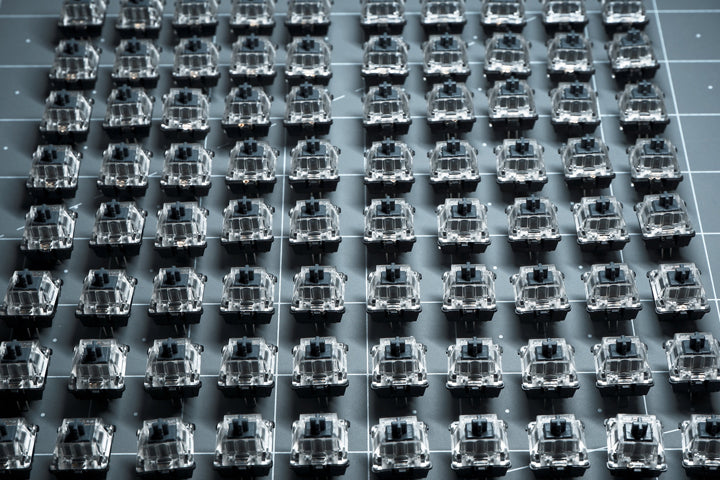
Customization and Variety
Mechanical keyboards offer a higher level of customization options, allowing users to choose from a variety of switch types, actuation forces, and tactile feedback options. As well as the Customization of the Keycaps and the sound insulation cotton, foam cotton and other fillers inside the keyboard, etc. This range of options requires more complex manufacturing processes and quality controls, and these demands for customization and variety drive up manufacturing costs.
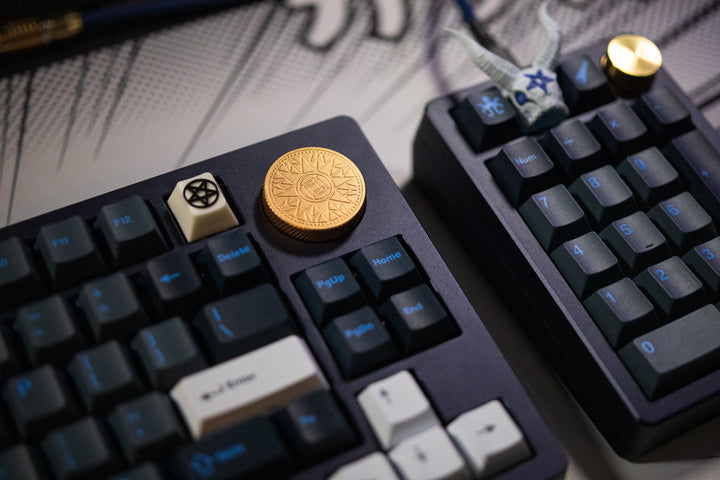
Typing Experience
Mechanical keyboards are favored by many users for their superior typing experience. They provide tactile and audible feedback, resulting in a more satisfying and responsive feel while typing. Achieving this enhanced experience involves designing and manufacturing switches that cater to different preferences, which can drive up costs.
Durability and Longevity
Mechanical keyboards are known for their durability and longer lifespan compared to membrane keyboards. This longer lifespan is due to the nature of mechanical switches, which are designed to withstand more repetitive keystrokes over time. This durability often justifies the higher upfront cost for users who want a keyboard that will last.
Manufacturing Complexity
The manufacturing process for mechanical keyboards is more intricate due to the individual switches and their components. This complexity in manufacturing leads to higher production costs.
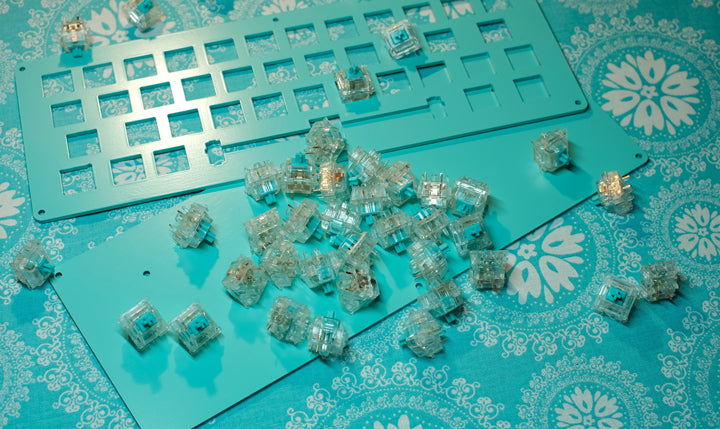
Labor and Expertise
Manufacturing mechanical keyboards, especially those with a variety of switch options and features, requires skilled labor and expertise. The assembly process for mechanical keyboards can be more intricate and time-consuming, further contributing to the overall cost.
Niche Market
Mechanical keyboards have gained a cult following among gamers, programmers, writers, and professionals who prioritize keyboard quality and customization. This niche market allows manufacturers to charge a premium for catering to this specific demand.
Aesthetics and Design
Mechanical keyboards are now designed with aesthetics in mind, and many of these quality mechanical keyboard brands usually invest in unique design styles, aesthetics, keyboard functionality, and the high quality of the product itself are known and popular. Such as RGB backlit keyboard, programming keyboard, keypad, numeric keypad, VIA keyboard, Macro Keyboard, etc., and these design elements will increase its production cost.

Additional Features
Many high-end mechanical keyboards come with extra features such as customizable RGB lighting, programmable macro keys, detachable wrist rests, and more. These features contribute to the higher price point.
Limited Mass Production
While the popularity of mechanical keyboards has grown, they are still not as widely produced as membrane keyboards, which can limit economies of scale and contribute to higher costs.
Gaming and Professional Use
Mechanical keyboards are popular among gamers and professionals who spend long hours typing. These users are often willing to pay more for a premium typing experience that can improve performance and reduce fatigue.
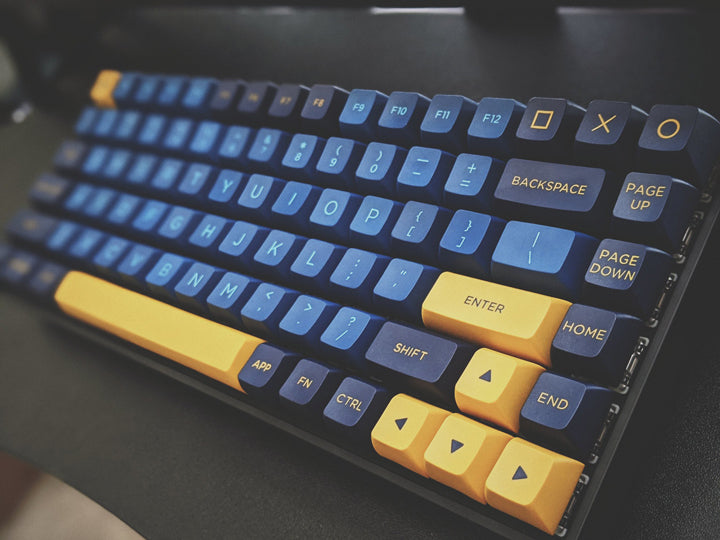
Conclusion
In summary, the combination of superior build quality, Durable Key Switches, customization options, and enhanced typing experience makes mechanical keyboards more expensive to manufacture than their membrane counterparts. However, for individuals who value these features, the investment can be well worth the price for a keyboard that offers better performance and longevity.
Article Directory
1. Build Quality and Materials 2. Mechanical Key Switches 3. Customization and Variety 4. Typing Experience 5. Durability and Longevity 6. Manufacturing Complexity 7. Labor and Expertise 8. Niche Market 9. Aesthetics and Design 10. Additional Features 11. Limited Mass Production 12. Gaming and Professional Use Conlcusion
